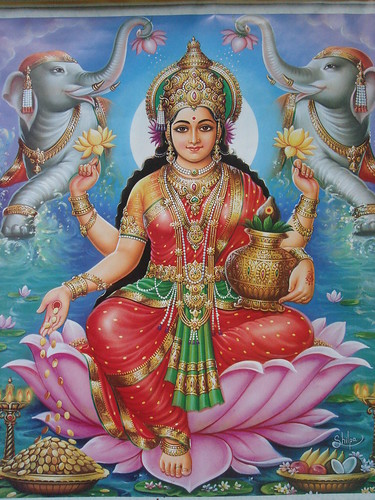Hello Dear Yogis,
Our classes this past week were
inspired by one of my favorite poems by the 13th century Sufi Poet Jelaludin
Rumi:
Out beyond ideas of wrongdoing and rightdoing,
there is a field. I'll meet you there.
When the soul lies down in that grass,
the world is too full to talk about.
Ideas, language, even the phrase "each other" doesn't make any sense.
His beautiful words invite us to transcend dualistic thought, beyond our
egoic sense of separate self, into the field of spacious awareness. Our lives
play out within that expansive, boundaryless field. When we become aware of the
field, then all the comings and goings, expansions and contractions, and joys
and sorrows of our lives are held in perspective. All the vicissitudes of our
lives are recognized, by a spacious mind and heart, as waves upon the vast Ocean
of Being.
And, in keeping with that theme of transcendence, we
chanted the Prajnaparamita Mantra, which invites us to "cross to the other
shore" into Awakening.
Although the prajnaparamita
mantra is a Buddhist mantra and not specifically from the yoga tradition, I find
that the teachings of Buddhism and Hinduism, as well as wisdom from the Taoists,
Sufis, and more, can complement and enrich the practice of yoga. The great 14th
century Christian Mystic Meister Eckhart spoke of God as "a great underground
river that cannot be dammed up. " The world's spiritual traditions are wells
which all tap into that Source.
May we each access that
ever-flowing Divine River and drink deeply of it's power and
peace.
The Prajnaparamita Mantra:
GATE GATE PARA GATE PARASAM GATE BODHI SVAHA!
Because Sanskrit is a vibrational language with many
layers of meaning, the interpretations of this mantra are wonderfully varied.
Here are just a few:
~Gone, gone, gone beyond, gone altogether beyond. Oh what an awakening! All hail!
~ Gone, gone, gone beyond altogether beyond,
Awakening, fulfilled!
~ Gone, gone, gone to the Other Shore, attained the
Other Shore having never left.
~ Gone, gone, totally gone, totally completely gone,
enlightened, so be it.
~"Oh, you have done! You have done! You have
completely crossed the margin. This is Enlightenment!
Congratulations!"
~Gone, gone, gone beyond, gone completely beyond,
enlightenment, wow!
The prajnaparamita mantra comes from the Heart Sutra,
which is regarded as the essence of Buddhist teaching. Prajnaparamita means "perfect understanding.
"
In the Heart Sutra, the Bodhisattva Avalokita is
speaking to a disciple, Shariputra. He proclaims:
"Listen, Shariputra, form is emptiness, emptiness is
form, form does not differ from emptiness, emptiness does not differ from form.
The same is true with feelings, perceptions, mental formations, and
consciousness."
One of the clearest commentaries on this passage was
written by the Buddhist Master Thich Nhat Hanh:
Because form is emptiness, form is possible. In form we
find everything else--feelings, perceptions, mental formations, and
consciousness. "Emptiness means empty of a separate self. it is full of
everything, full of life...To be empty does not mean non-existent. ..The cup, in
order to be empty, has to be there...Emptiness is the ground of
everything.
If we are not empty, we become a block of matter. We
cannot breathe, we cannot think. To be empty means to be alive, to breathe in
and to breathe out...Emptiness is impermanence, it is change...without
impermanence, nothing is possible.
In the sutra, Avalokita goes on to speak about how when
one understands that all forms are essentially empty and impermanent, and that
all forms are interdependent and do not exist unto themselves, one reaches a
state of liberation from suffering. The Sutra concludes with:
Therefore, one should know that Perfect Understanding is
a great mantra, is the highest mantra, is the unequalled mantra, the destroyer
of all suffering, the incorruptible truth. This is the mantra:
GATE GATE PARA GATE PARASAM GATE BODHI SVAHA!
Avalokita saw the nature of reality and overcame all
pain, attaining complete liberation. It was in that state of deep concentration,
of joy, of freedom, that he uttered those words, and that is why this utterance
has become such a powerful mantra.
May this mantra be a compass that guides your way on
your path toward toward Perfect Understanding, freedom, and joy.





















